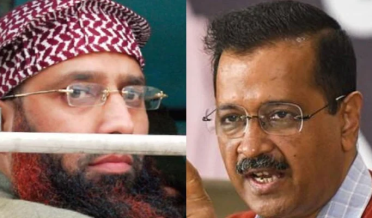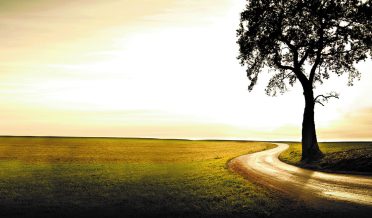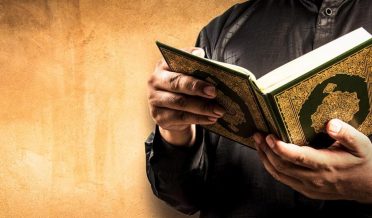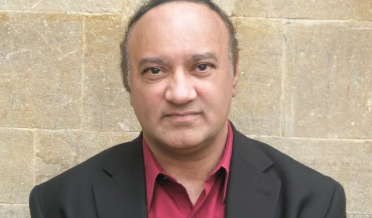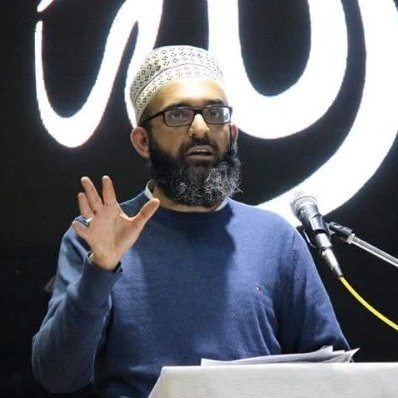
Dr Hafiz Athar Hussain Azhari
Introduction – Our purpose in life
The mobile phone is changing and advancing at an amazing rate. A decade ago, the phone would be used to call and text people. Now it is a TV, a camera, a torch, a wallet, a compass, a games console, a news channel and so much more. Yet despite how advanced the smartphone has become, it has never forgotten its real purpose. Irrelevant of what you are using your phone for, when a phone call comes through for you, all other apps and devices on the phone stop working. It makes you take the call. Why? This is the actual, primary purpose of the phone. The phone has changed beyond recognition, but it has never forgotten its primary purpose.
In Islam, our example is similar to that of the smartphone. We can consume and enjoy. We can travel and explore. We can earn and be rich. But we should never forget our primary purpose and objective of life:
And we have not created man and jinns except to worship Me (51: 56).
Our primary objective in life is to worship Allah. If we do everything in life except this, then our example is like the smartphone that can do a thousand things for us, but cannot take a call.
The purpose of worship
This leads us to the second observation. All worships are done for the sake of Allah, to please Him and to win His forgiveness. But all worships also make us better humans. When we perform Salah, Hajj, Zakah and Sawm, we are pleasing our Creator. But these same worships have an inner dimension too which make us better individuals. They make us kinder and softer. We become more skilled, developed, punctual and aware, when we listen to Allah. Hajj eradicates racism and prejudice for our hearts. Zakah makes us generous and selfless. Salah makes us appreciative and stops us from arrogance.
The purpose of this paper is to explore this very idea, and to identify how fasting makes us better humans. We fast to please Allah and Him alone. But such are the blessings of this worship that it enriches us with skills that come handy throughout life.
In short, the higher purposes of fasting in Ramadan are too many to list. But all of them return to one point, which Allah mentions in the Holy Qur’an:
O believers! Fasting is prescribed for you as it was prescribed for those before you, that you may adopt Taqwa (2: 183).
The ultimate purpose of fasting is Taqwa, to feel the presence of Allah in your lives. Fasting brings multiple benefits; some physical, some mental, some spiritual, some communal. In essence, all of them return and relate to Taqwa.
The many wisdoms of Ramadan
a. To experience the spiritual state of hunger
Islam is the religion that truly tackles poverty and hunger. Zakah aims to eradicate hunger. Feeding people is considered one of the most rewarding acts in Islam. Prophet Muhammad (peace and blessings of Allah be upon him) said that a person is not a believer if he eats comfortably and his neighbour goes hungry.
Yet at the same time, our religion accepts that for the affluent and healthy, hunger is a spiritual quality that brings immense benefit. It is a good thing to experience from time to time. Consider the following points:
1. Hunger leads to Paradise. Prophet Muhammad (peace and blessings of Allah be upon him) said to Sayyida A’isha (may Allāh be pleased with her): ‘Keep knocking on the gates of paradise.’ She asked ‘with what?’ He replied ‘with hunger’.
2. Hunger leads to self-control. Food is the key impulse of people. It is the hardest thing for a person to control. If a person can control this then all the other desires will follow suit. Spiritual masters have almost focussed on hunger, not to create anorexics but to teach self discipline, control and resistance. It is about controlling the Nafs. Imam al-Qushayri said: ‘For me to raise my hands from my plate when I am hungry is better than the whole night in prayer.’
3. Hunger leads to thankfulness. The Prophet (peace and blessings of Allah be upon him) was offered the riches of the world. Yet, he did not want money. He deliberately chose hunger because it makes a person more thankful. ’The Prophet (peace and blessings of Allah be upon him) said: ‘Indeed the valleys of Makka in gold were offered to me, but I said ‘O Lord! I will remain hungry one day and I will satisfy myself [with food] one day. The day I feel hungry I will feel feeble in Your presence and I will pray to You. And as for the day I am satisfied, I will praise you and I will laud You.’ (al-Shifa, 83)
The less you have the more thankful you are. In Ramadan, you thank Allah the most; it is also the time when you are most hungry and thirsty.
4. Hunger is a test from Allah (Quran, 2: 155). When a person is tested then he draws closer to Allah. The more hungry you are, the more you are getting closer to your Lord.
5. Hunger leads to intelligence. Sahl ibn Abdullah said that ‘When Allah created the world, he placed sin and ignorance in satiation. And he placed knowledge and wisdom in hunger’ (al-Risala al-Qushayriyya, 74).
6. Hunger wards off the Shaytan. The more hungry you are the more closer to Allah you are and the further you are from the Shaytan. Yahya ibn Mu’az said that “Shaytan finds no place in the heart of the man who goes without food and who has little expectation.”
b. Collectiveness and unity
Acts which are otherwise very difficult become easier in Ramadan. We constantly eat during the day and night, but in Ramadan we stay without food for up to twenty hours a day. Prayers can be burdening for some, yet somehow Muslims love Salah in this blessed month. In addition to the compulsory prayers, Muslims read nearly 600 extra rak’ats in the form of Salah al-Tarawih in Ramadan. How is this possible? It is because of Allah’s special favour on us in Ramadan, but certainly one of the reasons such acts become easier is because we mark the month of Ramadan collectively. We are united, collective and cohesive in this month. This helps us so much in terms of our worship.
Allah could have asked Muslims to keep thirty fasts a year, at any time we please. But deliberately, Allah wants all Muslims to fast at the same time, throughout the month of Ramadan. This is so we can help and assist one another. It is difficult to fast alone, but it is much easier when our family our fasting with us, and getting up at the same time for Suhur. Performing Salah al-Tarawih is made easier by the fact that we are all performing it. Though clearly an individual act of worship, fasting is communal by nature. Muslims feel that Ramadan is a time for unity, brotherhood and collectiveness. Muslims have the pre-dawn meal together, they pray together and they break their fast together. Then, at the end of Ramadan, they celebrate Eid al-Fitr together.

